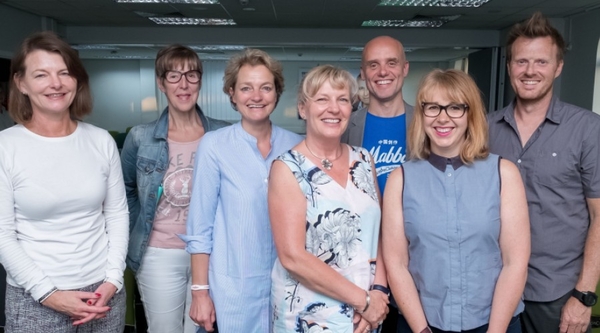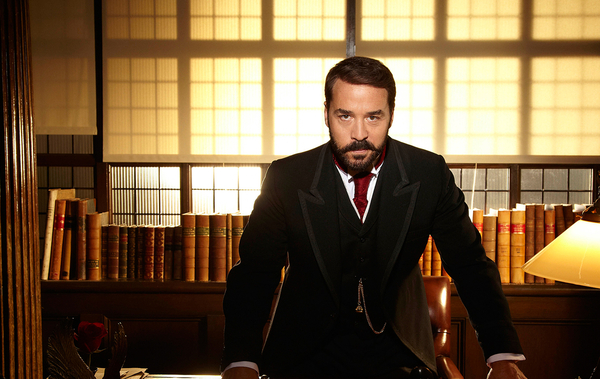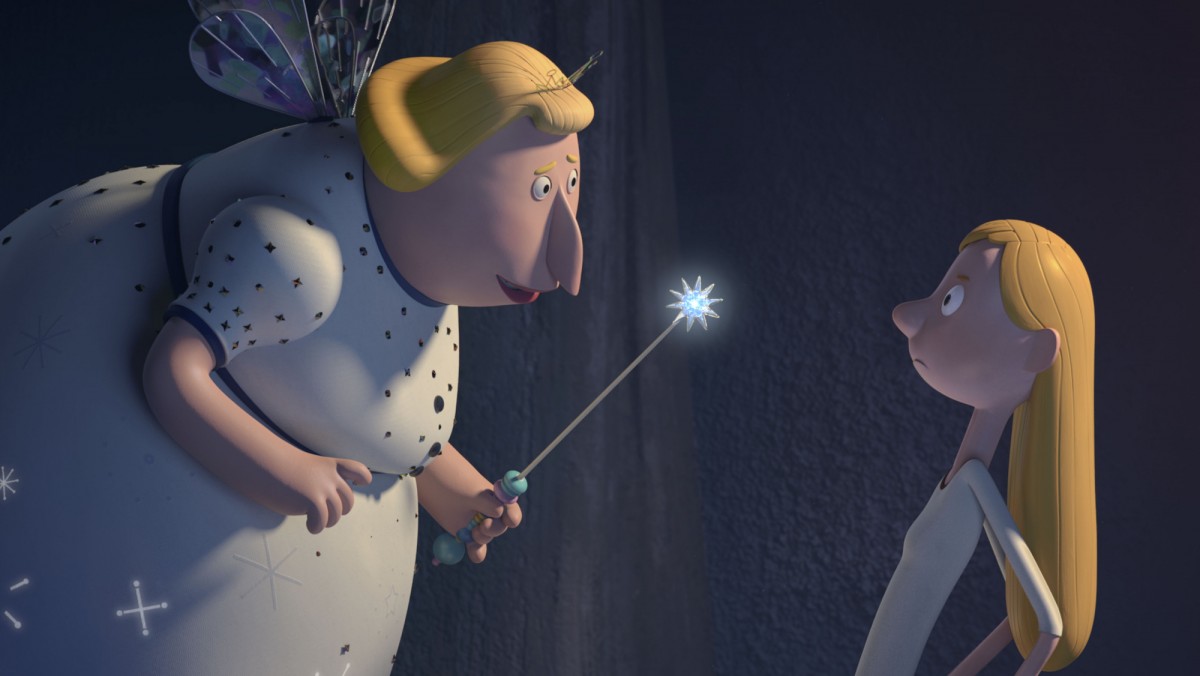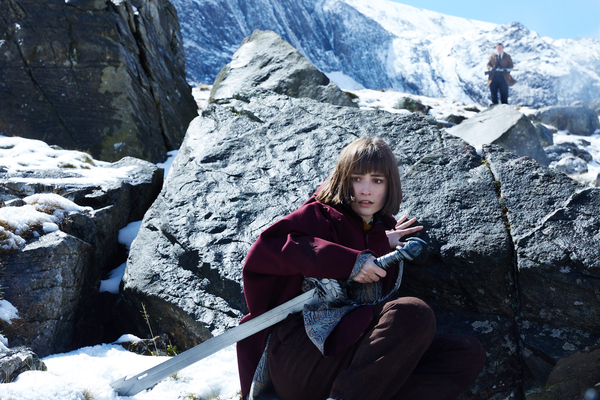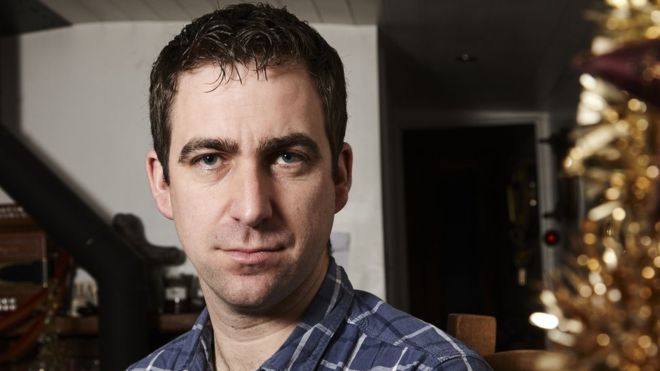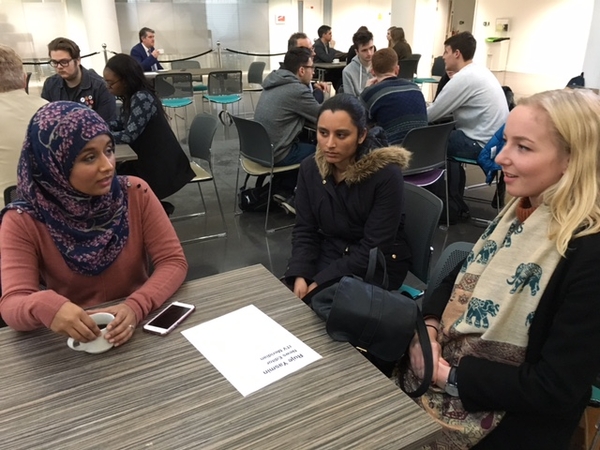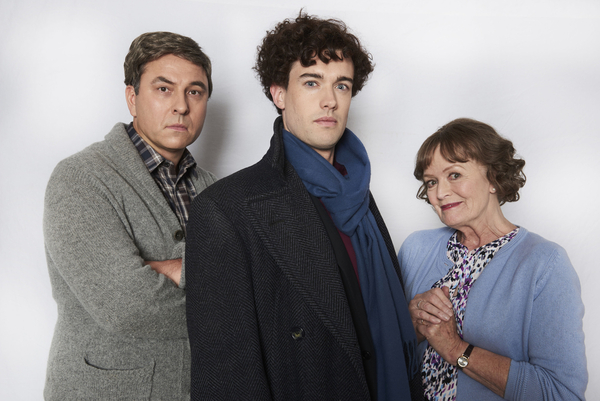How to survive as a TV freelancer
At “How to survive as a TV freelancer”, the panel cited toughness, persistence and resilience as key qualities needed to work in the television industry.
Transferable skills are also important. “You should be shooting, doing sound and showing your creativity,” said RDF West head of production Angela Oakhill.
One of Oakhill’s pet hates is interviewees who talk about RDF productions made in London: “Do your research – it’s easy to find out what shows are made here in Bristol.”

